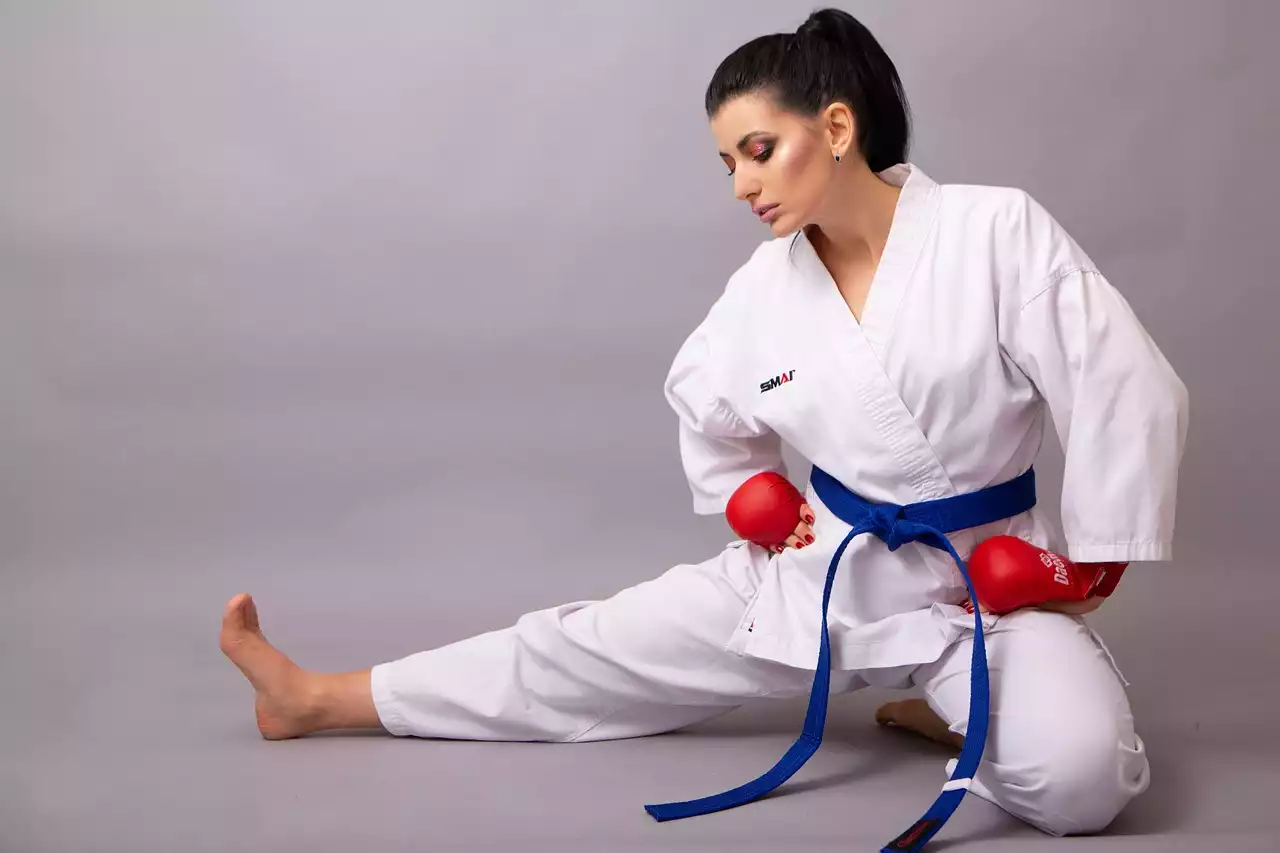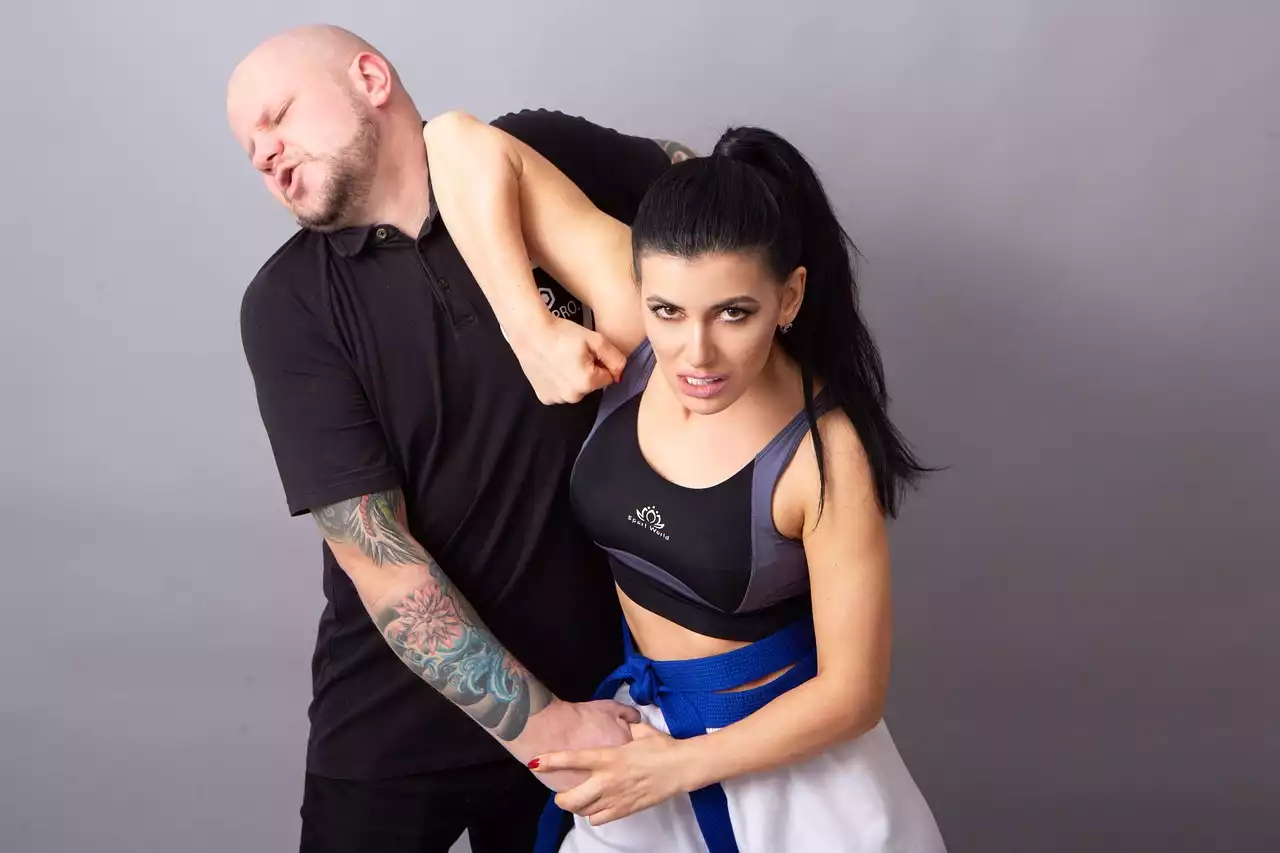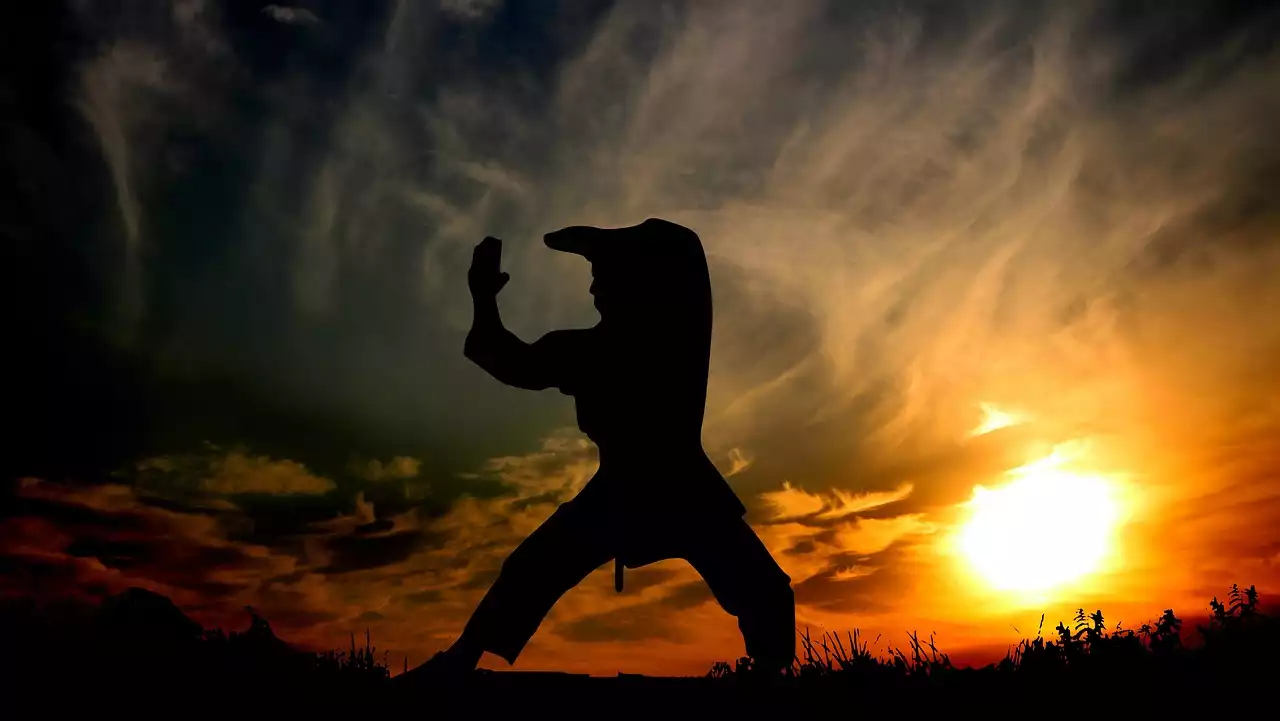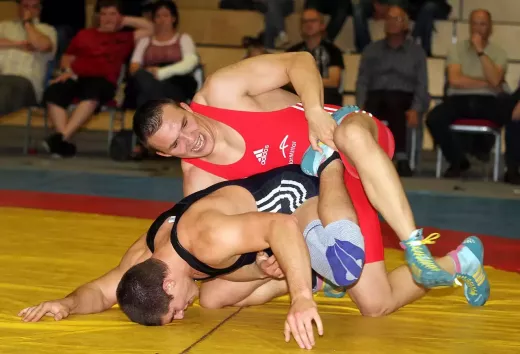What is Karate?
Karate is a Japanese martial art that has been practiced for centuries. It is a form of combat that combines physical techniques and mental discipline. Karate is designed to teach practitioners how to defend themselves and use their bodies in a way that is both effective and efficient. The practice of karate is often seen as a way to develop a stronger mind and body, as well as to foster self-discipline and respect.
Karate is often divided into two distinct categories: kata and kumite. Kata is a type of choreographed form that is used to practice and demonstrate techniques. Kumite is a type of sparring that allows practitioners to test their skills against one another. Both forms of karate require a great deal of discipline and focus to be successful.
Philosophical Foundations of Karate
Karate is based on the idea that practitioners should strive for balance and harmony within themselves. This balance is achieved through a combination of physical and mental training. The physical training of karate helps to strengthen the body and develop coordination. Mental training in karate helps to increase focus and discipline. The combination of these two aspects can help practitioners to become more aware of their physical and mental capabilities and better understand their true potential.
Karate also emphasizes the importance of respect, discipline, and humility. Practitioners are expected to treat their instructors and fellow practitioners with respect and to always strive for excellence in their training. Additionally, practitioners should strive to remain humble and never take victory for granted, as this can lead to complacency.
Mindfulness Practices for Karate
The practice of karate requires a great deal of focus and concentration. Practitioners must be mindful of their movements and their technique to ensure that their practice is effective. Mindfulness is also important in karate as it helps practitioners to stay in the present moment and to stay focused on their training.
The practice of mindfulness can help karate practitioners to stay focused on the task at hand and to be aware of their surroundings. Additionally, mindfulness can help practitioners to remain calm and to be better able to handle difficult situations. Practitioners should also practice mindfulness during their training to ensure that their technique is correct and that their movements are fluid.
Physical Training for Karate
The physical training of karate is designed to help practitioners develop strength, flexibility, and agility. Practitioners should focus on developing their core strength, as this is essential for many of the movements in karate. Additionally, practitioners should also focus on developing their hips and legs, as these are used for many of the kicks in karate.
In addition to strength training, practitioners should also focus on developing their endurance. Endurance is essential for karate, as it allows practitioners to practice for extended periods without becoming fatigued. Practitioners should also focus on developing their flexibility, as this can help to reduce the risk of injury.
Mental Training for Karate
Mental training is just as important as physical training in karate. Practitioners must be able to focus and concentrate to ensure that their technique is correct and that their movements are fluid. Mental training can also help practitioners to stay calm and to better handle difficult situations.
Karate practitioners should practice mental exercises such as visualization and mindfulness to stay focused and in control. Visualization can help practitioners to focus on their goals and to visualize the desired outcome of their training. Additionally, mindfulness can help practitioners to stay in the present moment and to be aware of their surroundings.
Benefits of Balance and Harmony
The practice of karate is based on the idea that practitioners should strive for balance and harmony within themselves. This balance is achieved through a combination of physical and mental training. The physical training of karate helps to strengthen the body and develop coordination. Mental training in karate helps to increase focus and discipline. The combination of these two aspects can help practitioners to become more aware of their physical and mental capabilities and better understand their true potential.
The practice of karate can also help practitioners to achieve balance and harmony in their everyday lives. Practitioners should strive to stay mindful of their physical and mental health and to take time to relax and recharge. Additionally, practitioners should strive to make sure that their physical and mental training is in balance and that neither one is neglected.
The Role of Discipline in Karate
Karate is a practice that requires a great deal of discipline. Practitioners must be disciplined in their physical and mental training to ensure that their practice is effective. Discipline is also important in karate as it helps practitioners to stay focused and in control.
The practice of discipline can help practitioners to stay motivated and to stay on track with their training. Practitioners should also strive to remain disciplined in their everyday life, as this can help them to stay focused and to achieve their goals. Additionally, discipline can also help practitioners to remain humble and not take victory for granted.
Strategies for Developing Karate Skills
The practice of karate requires a great deal of dedication and repetition to be successful. Practitioners should strive to practice regularly and focus on developing their techniques. Practitioners should also focus on developing their physical and mental skills to become more proficient in karate.
Practitioners should also strive to find a balance between physical and mental training. Physical training is essential for developing strength and coordination, while mental training is essential for developing focus and discipline. Practitioners need to find a balance between the two to ensure that their training is effective.
Additionally, practitioners should also strive to find a balance between kata and kumite. Kata is a type of choreographed form that is used to practice and demonstrate techniques, while kumite is a type of sparring that allows practitioners to test their skills against one another. Both forms of karate require a great deal of discipline and focus to be successful.










